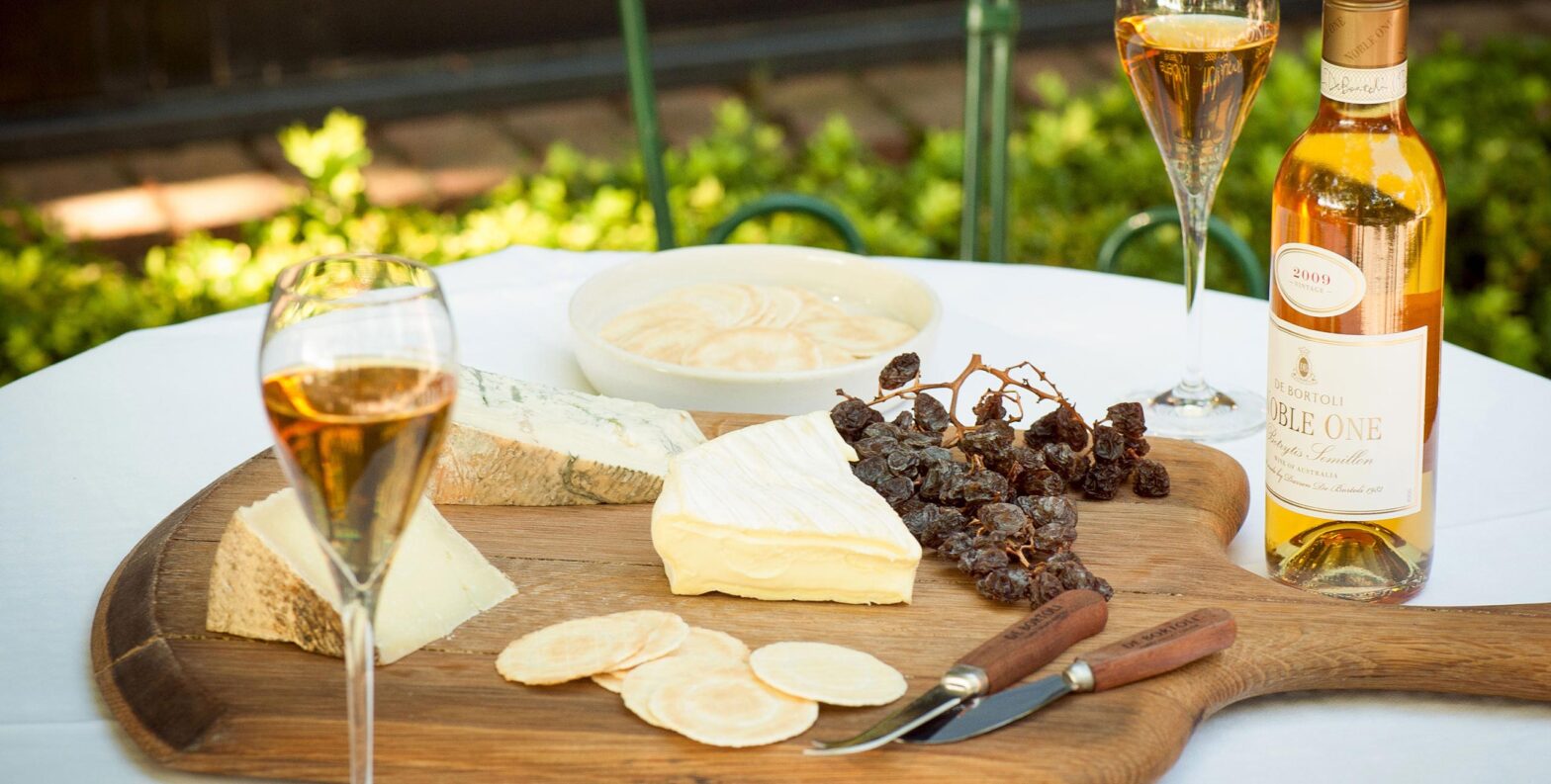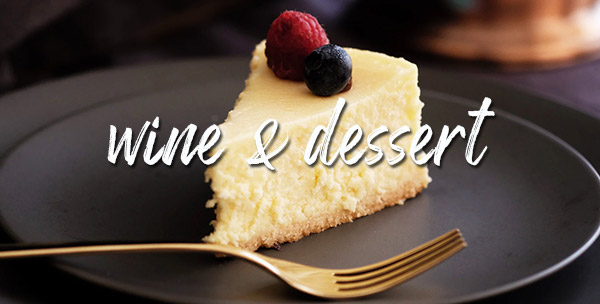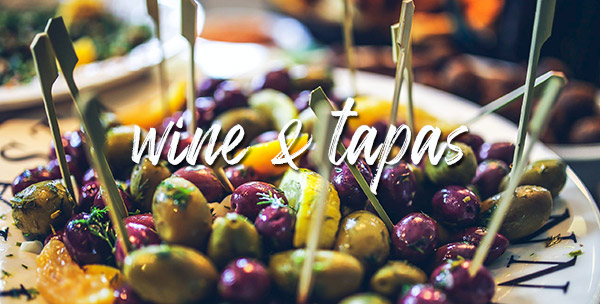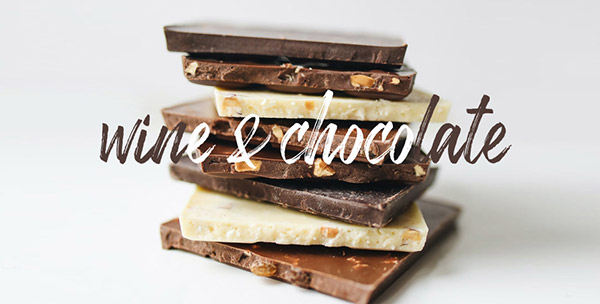Looking to pair wine with different cheese...
Over the past 30 years, I have taken a close interest in the pairing of wine with all types of cuisine. Cheese is a ‘food’ group that most of us take for granted and for some, even less thought into how it should be served and with which wine. Most wine and cheese matches are made without much thought or experience - simply by habit, or routine, a large proportion of people pair wine and cheese poorly.
The following combinations are focused on traditional cheese styles made with Cow, Sheep and Goat milk. After a great deal of research in France, Italy and here in New Zealand - I have been running a specific class where we use the many varied types and styles of cheeses - to inform chefs, 'front-of-house' staff and the general public about wine and food matches. Using the varied ages, textures and saturated fats contained in these varied cheeses. I show how wine not only compliments cuisine, (in this case cheese) but brings out all the subtle characters and unique flavours lost when simply enjoyed on their own.
In most home refrigerators which are set to around 4⁰C, the fat in a piece of cheese is as hard as un-softened butter, and its protein structure is stiff and tangled as well. The flavour and aroma compounds are less easily liberated when this cold. For improved aromas, flavour and texture, it is advised that cheeses be allowed to warm up towards approximately 18°- 20°C *(depending upon style) before eating. If the cheese is further warmed, to 26°- 32°C, the fats will begin to ‘sweat out’ as they go beyond soft to fully liquid. One of the keys to choosing a wine to suit a particular cheese is to take a moment to consider the qualities in relation to the cheese and then try to find a style of wine with qualities to match or complement. Successful wine and cheese matching should be based on similarities rather than contrasts. Match the weight of the wine to the character and intensity of the cheese. I know everyone will surprise themselves and the result will be a more diverse, varied and more enjoyable wine & cheese experience.
The following pairings are only suggestions, guidelines and starting points - enjoy the journey.


Parmesan Cheese:
You are looking to complement the Parmesan Cheese and its hard, gritty texture and subtle salt & nut flavour, making it an ideal candidate for a Brut Champagne, or a quality dry sparkling wine, as it offers lively and refreshing carbonation. The brut style Champagne will pick up the subtle almond notes of the parmesan cheese and release the hidden flavours in the saturated fats and then cleanse the palate.
• White Wine: A lively and refreshing dry white wine can pair well with Parmesan Cheese - though a perfect pairing is with a NV Brut Champagne, or quality dry style sparkling wine.
• Red Wine: Can be difficult to match as many red wines will clash with the salty notes, but a red wine with ripe fruits and very soft tannins can pair.
Feta Cheese:
You are looking to complement the bright Feta Cheese and its soft, creamy and heightened salty flavour, making it an ideal candidate for a young, crisp, lively and refreshing, dry white wine, as it offers bright crisp fruits and refreshing palate. The lively Sauvignon Blanc will highlight the subtle creamy notes of the Feta cheese and release the hidden flavours in the saturated fats and then smooth out the saltiness and cleanse the palate.
• White Wine: A lively and refreshing dry white wine can pair well with Feta Cheese - though a perfect pairing is with a young, crisp Sauvignon Blanc, or quality Retsina, or even a young Albariño.
• Red Wine: Can be very difficult to match - as most red wines will clash with the dominant salty nature of the Feta Cheese.


Chevre / Goat Cheese:
You are looking to complement the Chevre Cheese and its semi-soft, creamy texture and slightly tart, earthy flavour, making it an ideal candidate for a dry, lively and fresh, dry white wine, as it offers bright, crisp notes and refreshing palate. A dry style Sauvignon Blanc will highlight the subtle creamy notes of the Chevre cheese and release the hidden flavours in the saturated fats and then smooth out the tart characters and cleanse the palate.
• White Wine: A lively and refreshing dry white wine can pair well with Chevre Cheese - though a perfect pairing is with a quality dry style Sauvignon Blanc, or a quality dry Riesling or Pinot Grigio.
• Red Wine: Can be very difficult to match - as most red wines will clash with the tart nature of the Chevre Cheese.
Young Camembert Cheese:
You are looking to complement the Young Camembert Cheese and its semi-firm texture and a white buttery flavour, making it an ideal candidate for a Chablis, or quality, lively dry white wine, as it offers lively and refreshing fruit with cleansing acidity. The Chablis will pick up the subtle blanched almond and butter notes of the young Camembert cheese and release the hidden flavours in the saturated fats and then cleanse the palate.
• White Wine: A lively and refreshing dry white wine can pair well with Young Camembert Cheese - though a perfect pairing is with a lively Chablis, an un-oaked Chardonnay, Chenin Blanc or Grüner Veltliner.
• Red Wine: Can be difficult as many red wines will over-power the soft buttery notes, but a red wine with soft fruit and mild tannins can pair.


French Brie Cheese:
You are looking to complement the French Brie Cheese and its soft, rich, creamy texture and white butter cream flavour, making it an ideal candidate for a quality, fuller style dry white wine, as it offers layers and broad fruits with crisp acidity. A dry Pinot Gris will pick up the subtle earthy almond and cream notes of the brie cheese and release the hidden flavours in the saturated fats and then cleanse the palate.
• White Wine: A lively and refreshing dry white wine can pair well with French Brie Cheese - though an ideal pairing is with a dry Riesling, Pinot Gris, Chenin Blanc or Grüner Veltliner wine.
• Red Wine: Can be difficult as many red wines will over-power the creamy notes, but a lighter style red wine with subtle tannins can pair.
Triple Cream Cheese:
You are looking to complement the Triple Cream Cheese and its soft-creamy texture and a sweet almond creamy flavour, making it an ideal candidate for a barrel fermented quality dry white wine, as it offers a fuller palate with balanced oak and acidity. A barrel fermented Chardonnay will pick up the full, sweet cream and rich buttery notes of the Triple Cream cheese and release the hidden flavours in the saturated fats and then cleanse the palate.
• White Wine: A full bodied, dry white wine can pair with a Triple Cream Cheese - a perfect pairing is with a Barrel Fermented Chardonnay, or a quality oak aged Chardonnay.
• Red Wine: Can be difficult to match as many red wines will over-power the creamy buttery notes, but a light red wine with mild tannins can pair.


Brebirousse d'Argental Cheese:
You are looking to complement the Brebirousse Cheese and its semi-soft, mild creamy texture and its bright, mild nut flavour, making it an ideal candidate for a quality Pinot Noir, or quality Dolcetto wine, as they offer lively and soft red fruit characters. The quality Pinot Noir will pick up the subtle almond / hazelnut notes of the Brebirousse cheese and release the hidden flavours in the saturated fats and then cleanse the palate.
• White Wine: A ripe, fruit forward, dry white wine can pair well with an Brebirousse Cheese - a good pairing is an Oak Aged or Barrel Fermented Chardonnay, or a quality Grüner Veltliner.
• Red Wine: Can be difficult as heavy red wines will overpower the subtle notes, but an ideal pairing is a quality Pinot Noir, or light style Dolcetto wine.
Gruyère Cheese:
You are looking to complement the Gruyère Cheese and its semi-firm texture and its subtle earthy and lifted nutty flavours, making it an ideal candidate for a quality oaked white wine, or a Pinot Noir, as they offer ripe fruit characters, with balanced acidity and tannins. The quality oaked Chardonnay will pick up the nut characters of the Gruyère and release the hidden flavours in the saturated fats and then cleanse the palate.
• White Wine: A ripe, fruit forward, dry white wine can pair well with Gruyère Cheese - a good pairing is an oak aged or barrel fermented Chardonnay or a Grüner Veltliner.
• Red Wine: A medium bodied, red wine can pair well - like a Rioja, a Pinot Noir blend or 20 or 30 year old Tawny Port can pair well.


Comté Cheese:
You are looking to complement the Comté Cheese and its aged, hard dry texture and its sharp bite, and a firm flavour, making it an ideal candidate for a quality Rioja red wine, or quality Rhône blend, as they offer ripe berry fruit characters, with balanced tannins. The quality Rioja will pick up the subtle macadamia nut notes of the Comté cheese and release the hidden flavours in the saturated fats and then cleanse the palate.
• White Wine: A ripe, fruit forward, dry white wine can pair well with an Comté Cheese - a good pairing is an oak aged Chardonnay or Grüner Veltliner.
• Red Wine: A full bodied, rich red wines can pair well - an ideal pairing is with a quality Rioja, a Rhône blend or Chianti Classico can pair well.
Aged Gouda Cheese:
You are looking to complement the Aged Gouda Cheese and its firm to hard texture and its earthy, nut flavours, making it an ideal candidate for a Carménère or Cabernet Franc, as they offer spice, rich dark fruit characters. The Carménère will pick up the hazelnut notes of the Aged Gouda cheese and release the hidden flavours in the saturated fats and clean the palate.
• White Wine: A ripe, fruit forward, dry white wine can pair well with an Aged Gouda Cheese - a good pairing is a barrel fermented Chardonnay.
• Red Wine: A full bodied, rich red wines can pair well - but a perfect pairing is with a quality Carménère, a Cabernet-Franc based wine, or a Montepulciano wine can pair well.


Pecorino Cheese:
You are looking to complement the Pecorino Cheese and its hard dry texture and its sharp bite, and salty flavour, making it an ideal candidate for a quality Chianti Classico red wine, as it offers ripe cherry fruit characters, with firm tannins. The quality Chianti will pick up the subtle sweet nut notes of the Pecorino cheese and release the hidden flavours in the saturated fats and then cleanse the palate.
• White Wine: A ripe, fruit driven, dry white wine can pair well with an Pecorino Cheese - a good pairing is a barrel fermented Chardonnay.
• Red Wine: A full flavoured, medium intense red wine can pair well - a quality Chianti Classico, or a Rioja Gran Reserva can pair well.
Aged Cheddar Cheese:
You are looking to complement the Aged / Hard Cheddar Cheese and its hard dry, crumbly texture and its pungent bite, and buttery flavour, making it an ideal candidate for a quality Cabernet Sauvignon, as it offers dark berry characters, with firm tannins. The quality Cabernet Sauvignon will pick up the sweet nut notes of the Aged / Hard Cheddar cheese and release the hidden flavours in the saturated fats and then cleanse the palate.
• White Wine: A ripe, fruit driven, dry white wine can pair with an Aged Cheddar Cheese - a good pairing is a generous barrel fermented Chardonnay.
• Red Wine: A full bodied, complex dry red wine can pair well - like a quality Cabernet Sauvignon, or a Chianti Classico DOCG can pair well.


Mild Creamy Blue Cheese:
You are looking to complement the Mild-Blue Cheese and its semi-soft, creamy texture and its subtle salty bite, and creamy flavour, making it an ideal candidate for a quality Botrytis dessert wine, as it offers ripe stonefruit characters, with refreshing acidity. The Botrytis dessert wine will pick up the sweet creamy character of the Mild-Blue cheese and round out the salty notes and release the hidden flavours in the saturated fats and then cleanse the palate.
• White Wine: A ripe, fruit driven style white wine like a Gewürztraminer can pair with a Mild-Blue Cheese - an ideal pairing is a Botrytis dessert wine, Sauternes or Barsac dessert wine.
• Red Wine: Can be difficult to match as many dry red wines will clash with the salty notes, but a red wine with ripe fruit and smooth tannins can pair.
Strong Blue Cheese:
You are looking to complement the Stilton / Roquefort Cheese and its semi-soft, creamy texture and its strong pungent salty note, and creamy flavour, making it an ideal candidate for a quality Tawny Port, with ripe berry fruit characters, with a lingering finish. The quality Tawny Port will pick up the sweet creamy character of the strong blue cheese and soften the salty notes and release the rich flavours in the saturated fats and then cleanse the palate.
• White Wine: A ripe, fruit driven, white wine can pair with a Stilton / Roquefort Cheese - a good pairing is a Botrytis dessert wine, Sauternes or Barsac dessert wine.
• Red Wine: Can be difficult as many red wines will clash with the salty notes, but an ideal pairing is a Tawny Port, or an LBV or aged Vintage Port.



